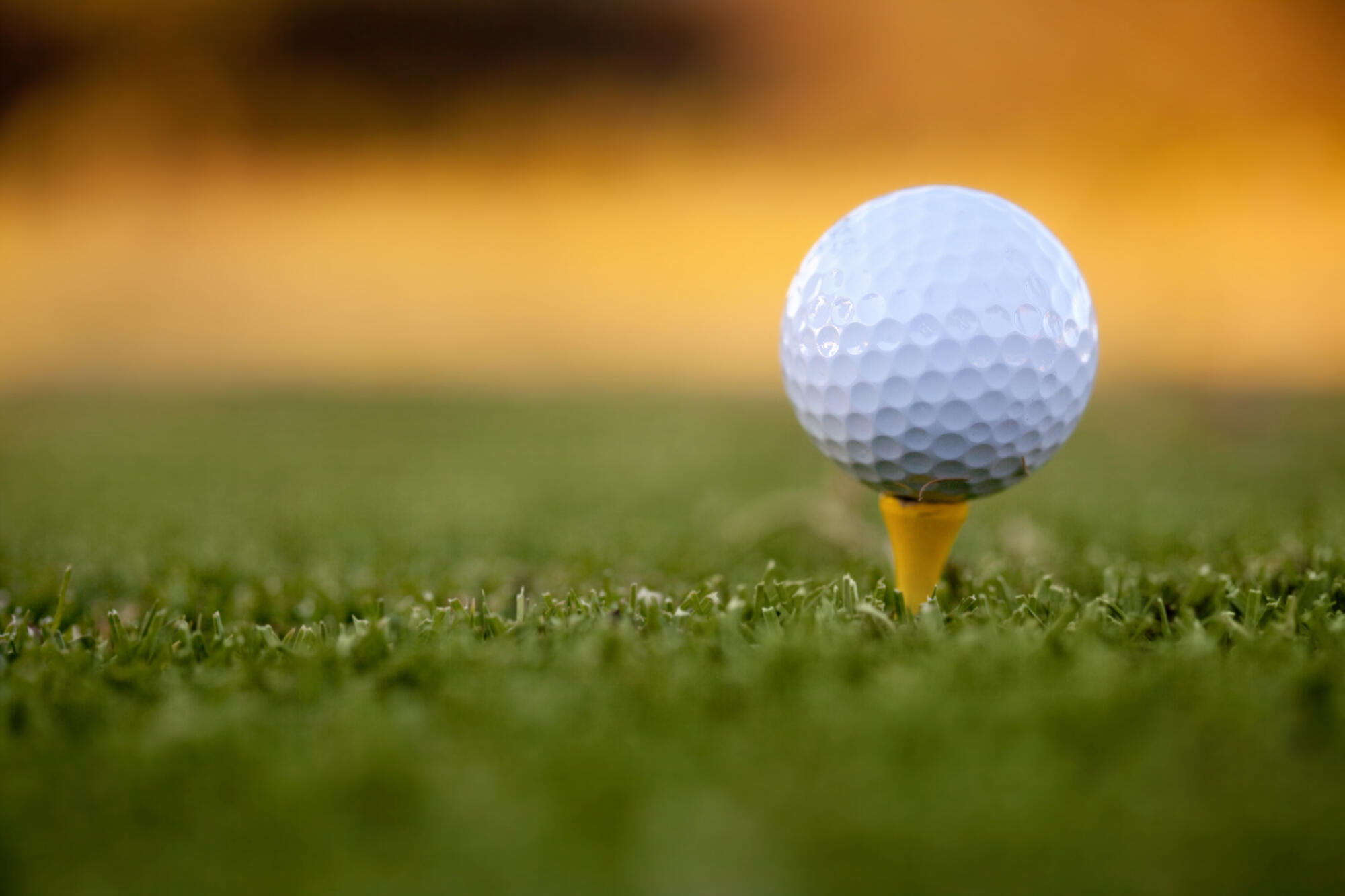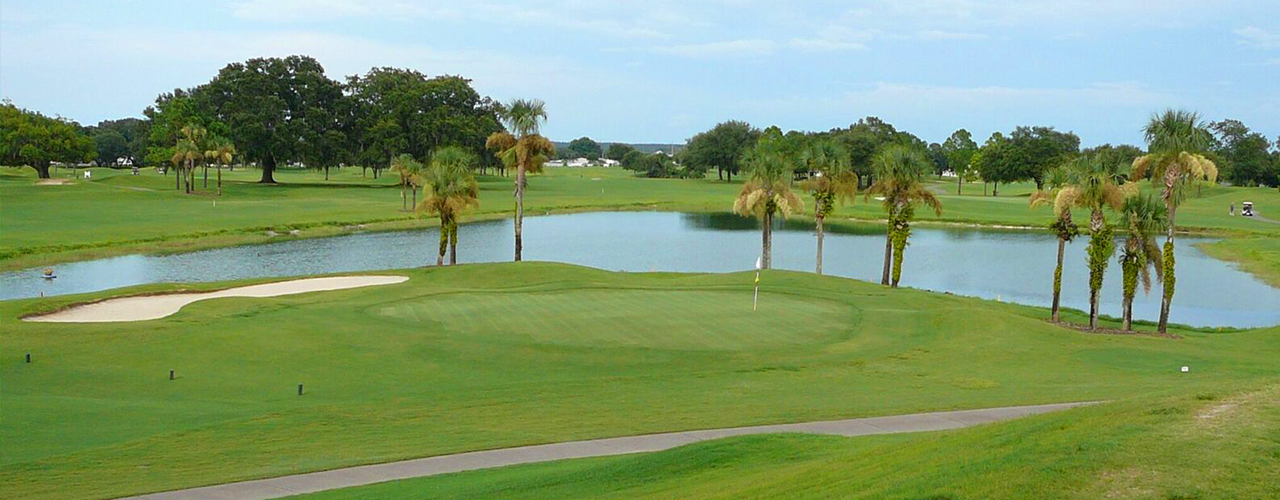
One Size Doesn't Fit All: What Golf Ball Should I Use?
The Golf Ball Rollback Rule is officially upon us, and it has set the sport aflame as people debate whether or not this new testing regulation is good or bad. However, this new rule brings an underlying question.
What golf ball should I use? Your golf ball choice can make or break your game performance. This is partially why so many people are worried about the new rule.
However, as a casual or recreational golfer, there are other factors to consider that will significantly impact your golf ball choice. A golf ball fitting will help you determine the best golf ball for your game.
What Golf Ball Should I Use?
There is no one correct answer to which golf ball you should use. The answer will depend on your response to several questions about your skill, performance goals, preferences, and playing conditions.
For some, choosing a ball is purely about its performance ability. For other players, they have design preferences that can impact their ball choice. Finally, for others, the feel of the ball when they hit it matters the most.
Types of Golf Balls
Your friends and family may give you new golf balls to support your quest for a better golf game. However, the wrong golf ball can hurt your game. Consider these factors when choosing the best golf ball for you.
Manufacturers make golf balls with a purpose in mind. Distance balls are ideal for players who prioritize maximizing their distance. They reduce surface drag to help them fly through the air.
Control balls are ideal for someone who wants to maximize their feel of the ball. You have better control over stopping and spinning.
A soft golf ball has increased feel for those who like to feel more connected to the ball. It can give you more control and be more forgiving for a mis-hit.
Two-piece golf balls are durable and can get more distance. Meanwhile, a multi-piece golf ball is favored by advanced players for its increased spin and accuracy control.
Beginner Golfers
As a beginner golfer, you may want a ball that helps you get the most distance. It should also be more forgiving while you practice your swing form. Two-piece golf balls are the ideal choice in this situation.
You may want to move away from the beginner golf balls as you improve your skills. Your preference must change, or you risk the beginner ball holding you back.
Average Golfers
A player who ranks at an intermediate level will want a balance between a soft beginner ball and a high-compression multi-piece ball. They benefit most from a balanced approach that can grow with their skills.
Advanced Golfers
An advanced golfer will want more control over their ball to achieve more precise shots. However, not all advanced players need the same ball. Even on the PGA Tour, you will find multiple player types.
An in-depth stats dive reveals there are four types of PGA Tour players. Just like the pros, you have a swing style that will impact the type of ball you should buy.
Budget Minded
Golf balls vary significantly in price, and not all golfers have an unlimited budget to spend on them. Premium golf balls may be ideal, but out of your affordable price range. Consider a budget alternative if you need an affordable golf ball.
Factors to Consider
Once you have an honest conversation with yourself about your skill level, your next step is to consider the other factors. These include your swing speed, short shot skill, and the course conditions where you play.
Swing Speed
Golf balls fall into three categories when classifying swing speed. Low-swing golf balls are for those sub 85 miles per hour. Choose a softer ball with lower compression to get the most distance from your swing.
Players with a medium swing are between 85 and 104 mph. Aim for a golf ball that is mid-way between low and high compression.
A golfer with a high swing will be over 105 mph. Opt for the highest compression balls because these will be the ones that can hold up to the force of the swing. They will reduce the amount of spin to create better control for the golfer.
Short Game Skill
Your skill is more than being a beginner, intermediate, or advanced golfer. While many golfers focus on their long shots, they neglect their short shots. These are the scoring shots that can have a significant impact on your score.
Choosing a different golf ball for those shots may help you improve your overall score by increasing your control and stopping.
Play Conditions
The condition of the course will impact the ball that you choose. The ball will stop quickly if the grass is soft and lush.
In contrast, a firm, smooth green will make for a faster ball. You may want to switch to a golf ball that provides more control.
Ball Design
The design of your chosen golf ball does not have any impact on how it performs. Traditionally, colored golf balls lacked the same performance capability as white ones. However, this is not the case today.
You can find golf balls suitable for various skill levels and performance goals that also come in colors. Some players choose a specific color because they find it easier to see while on the green. Then, there are the markings on the ball to consider.
Choose the Best Golf Ball for Your Game
Do you find yourself asking, what golf ball should I use? Well, you won't need to anymore. This guide will walk you through everything you need to know about buying the right golf ball for your game. Start with your skill level, performance priorities, and preferences.
Once you have a few options, your next step is to schedule a tee time at The Links at Spruce Creek South. Give them a test run to find the golf balls that feel the best to you.
Give your new golf balls a test drive by booking a tee time at The Links at Spruce Creek South.

